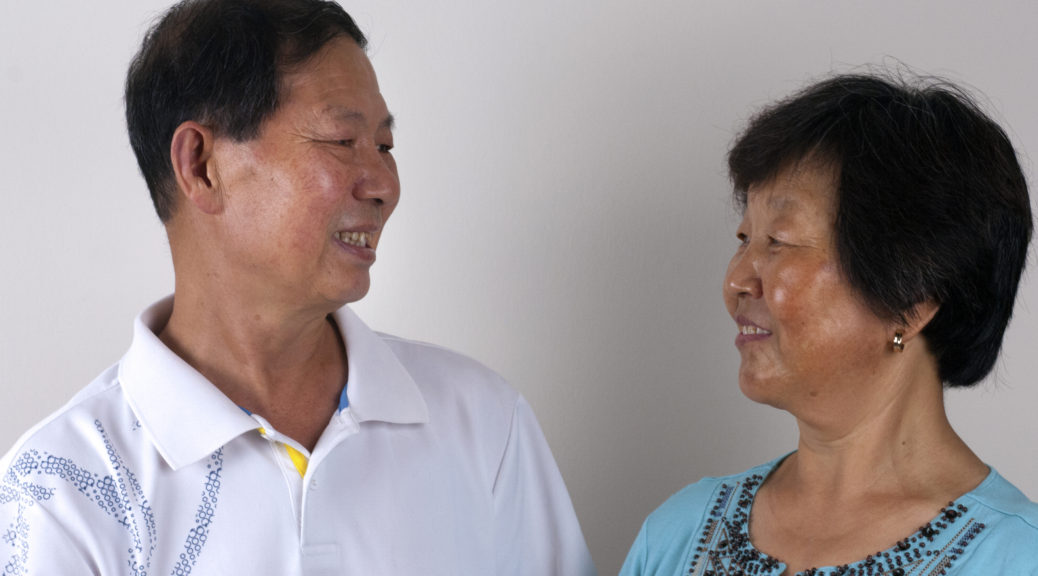Learn to Share Respect: Part 1
Value, Validate and Venerate Others
*Names have been changed to protect privacy.*
Being respected is important to Arturo Hernandez. So, when he was diagnosed with prostate cancer in 2010, he went through the experience in a way he felt would earn respect from his family, friends, and coworkers. Despite the toll cancer treatment took on his body, he refused to stop working.
“I kept on doing things even if it took me longer and longer and longer to complete.” He kept goals and tried to lead his life the way he always had. He explains, “I was not looking for sympathy from other people but to gain respect for the way I was handling the thing. More than anything, it was like a process I had to complete.”
The definition of respect can vary from person to person. We know we want to be respected. We know when we’re not getting enough. So, what does it mean to be respectful? What experts say is that when we respect another person, we value their feelings, thoughts, and behaviors. We show our respect by how we treat others, what we say to them, how we say it, and by actively listening.
There are different kinds of respect, such as respecting an opponent, nature, laws, or institutions. For some of these, there may be codes of conduct that direct how to show respect. Saluting officers in the military or placing your hand over your heart during the National Anthem are two examples. Behaviors to communicate respectfully between individuals are less clear. In this article, we provide useful guidance to help avoid situations that might be perceived as disrespectful and offer tips to improve communication with those touched by a cancer journey.
How Do You Define Respect?
First, what does respect mean to you? Consider the following groups of words. Which better describes how you give respect? Which better describes how you prefer to be shown respect? …
